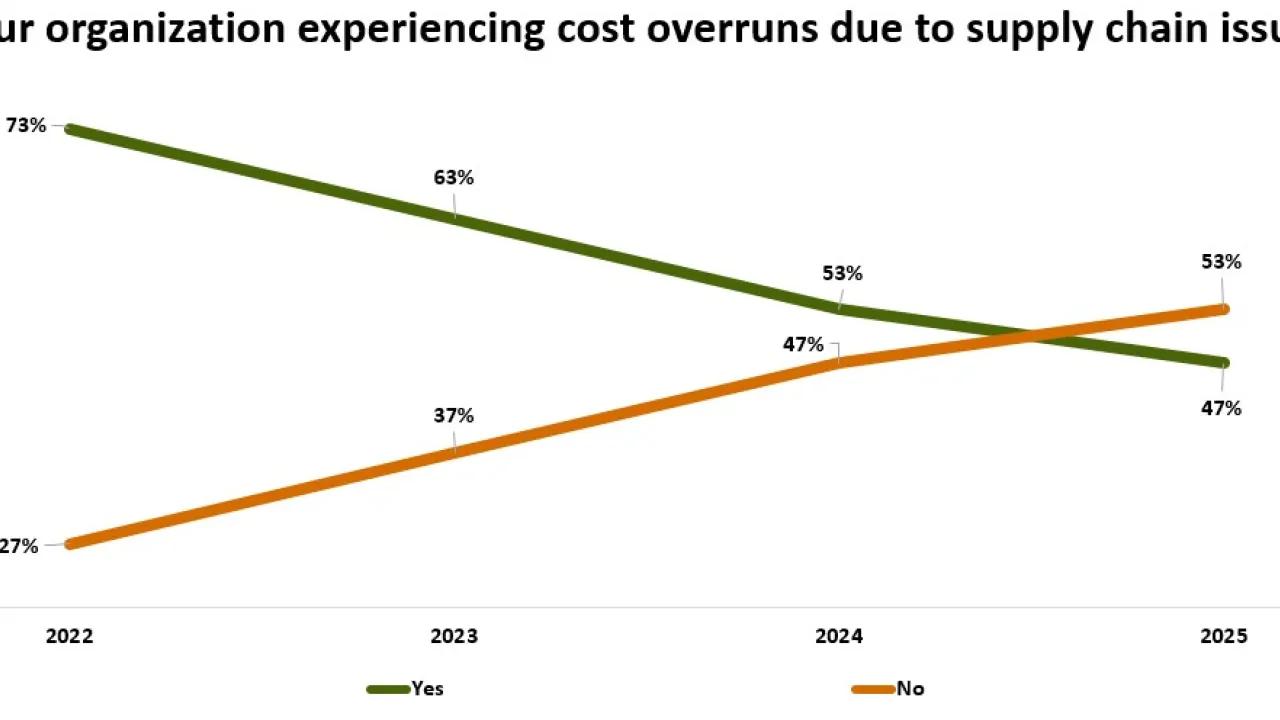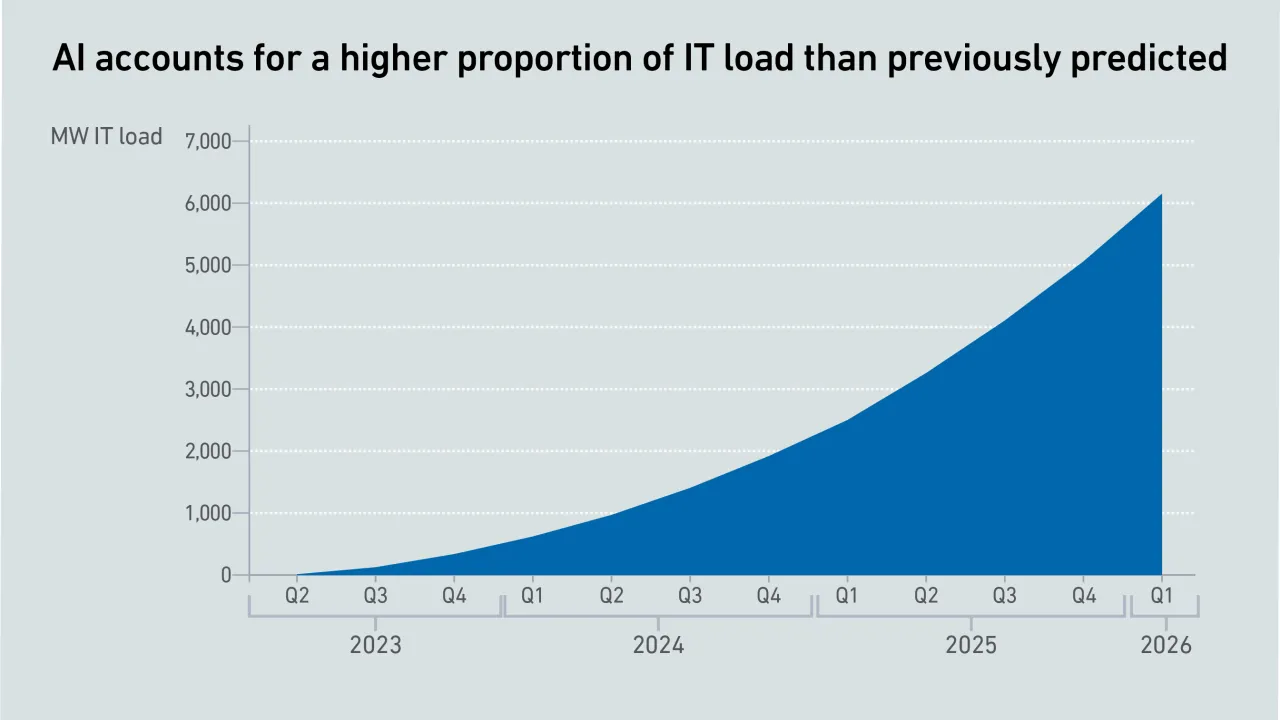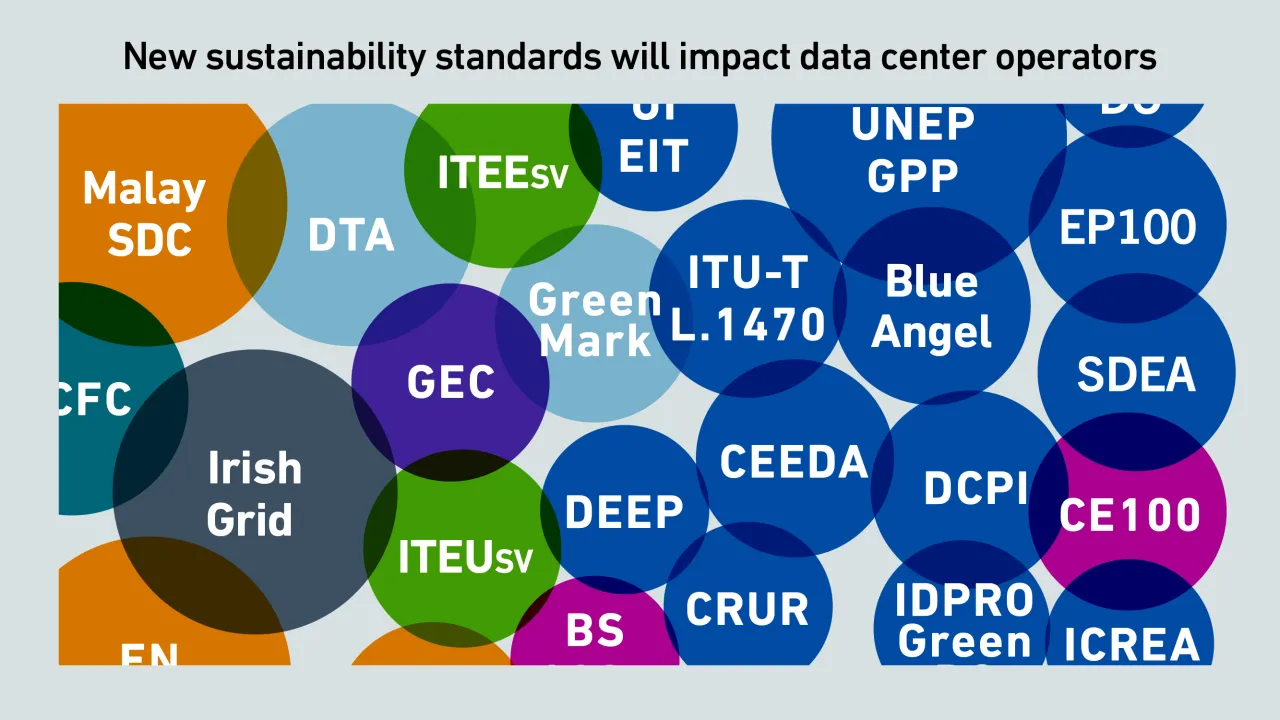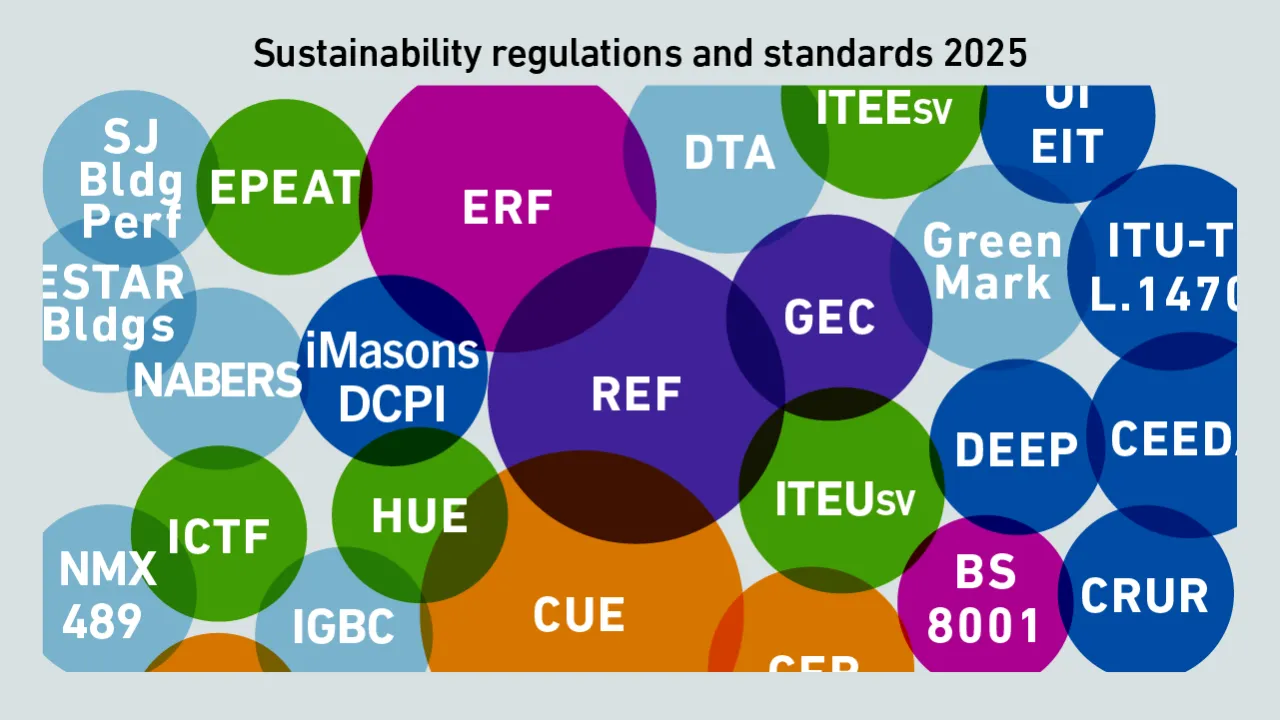The 15th edition of the Uptime Institute Global Data Center Survey highlights the experiences and strategies of data center owners and operators in the areas of resiliency, sustainability, efficiency, staffing, cloud and AI.
filters
Explore All Topics
The European Commission's proposed data center rating and labeling scheme will require operators to report a range of operational data. This report details Uptime's official response to the proposals.
In 2025, three US states passed legislation to manage data center access to energy and water resources, protect residential electricity rates and mitigate electrical grid instability - which may prompt other states to follow suit.
The EU is stepping up efforts to implement the Energy Efficiency Directive for data centers by announcing a related energy efficiency package, due to be released in Q1 2026.
As Malaysia's data center market booms, the government has initiated regulations and standards to manage and direct energy use, efficiency and sustainability - building on emerging global policy trends.
The EU Commission has used a non-representative dataset to propose minimum performance standards (MPS) for PUE, WUE and REF, effective in 2030. The mandate risks the rebuilding of 30% to 40% of data center space in four years.
Although the data center industry is mostly aware of the EU's Energy Efficiency Directive, Uptime Intelligence's research suggests widespread confusion on specific components of the directive - and its implementation status.
A report by Uptime's Sustainability and Energy Research Director Jay Dietrich merits close attention; it outlines a way to calculate data center IT work relative to energy consumption. The work is supported by Uptime Institute and The Green Grid.
The European Commission has proposed a data center rating scheme/label that is broadly scoped and highly detailed. The label needs to focus on a few key indicators including three meaningful IT infrastructure metrics.
Join Uptime experts as they discuss and answer questions on grid demands and sustainability strategies while debating how to meet decarbonization goals. This is a member and subscriber-only event.
Today, GPU designers pursue outright performance over power efficiency. This is a challenge for inference workloads that prize efficient token generation. GPU power management features can help, but require more attention.
The 15th edition of the Uptime Institute Global Data Center Survey highlights the experiences and strategies of data center owners and operators in the areas of resiliency, sustainability, efficiency, staffing, cloud and AI. The attached data files…
The past year warrants a revision of generative AI power estimates, as GPU shipments have skyrocketed, despite some offsetting factors. However, uncertainty remains high, with no clarity on the viability of these spending levels.
The trend towards regulating and controlling data center energy use, efficiency and sustainability continues to grow globally, with the appearance of utility rate management regulations and the propagation policies influenced by the EU's EED.
This briefing report identifies and describes several de facto standards and laws used in the field of data center sustainability and efficiency (for convenience, we use the term "standards" for all).
 Douglas Donnellan
Douglas Donnellan
 Andy Lawrence
Andy Lawrence
 Daniel Bizo
Daniel Bizo
 Dr. Owen Rogers
Dr. Owen Rogers
 Peter Judge
Peter Judge
 Jacqueline Davis
Jacqueline Davis
 Max Smolaks
Max Smolaks
 Rose Weinschenk
Rose Weinschenk
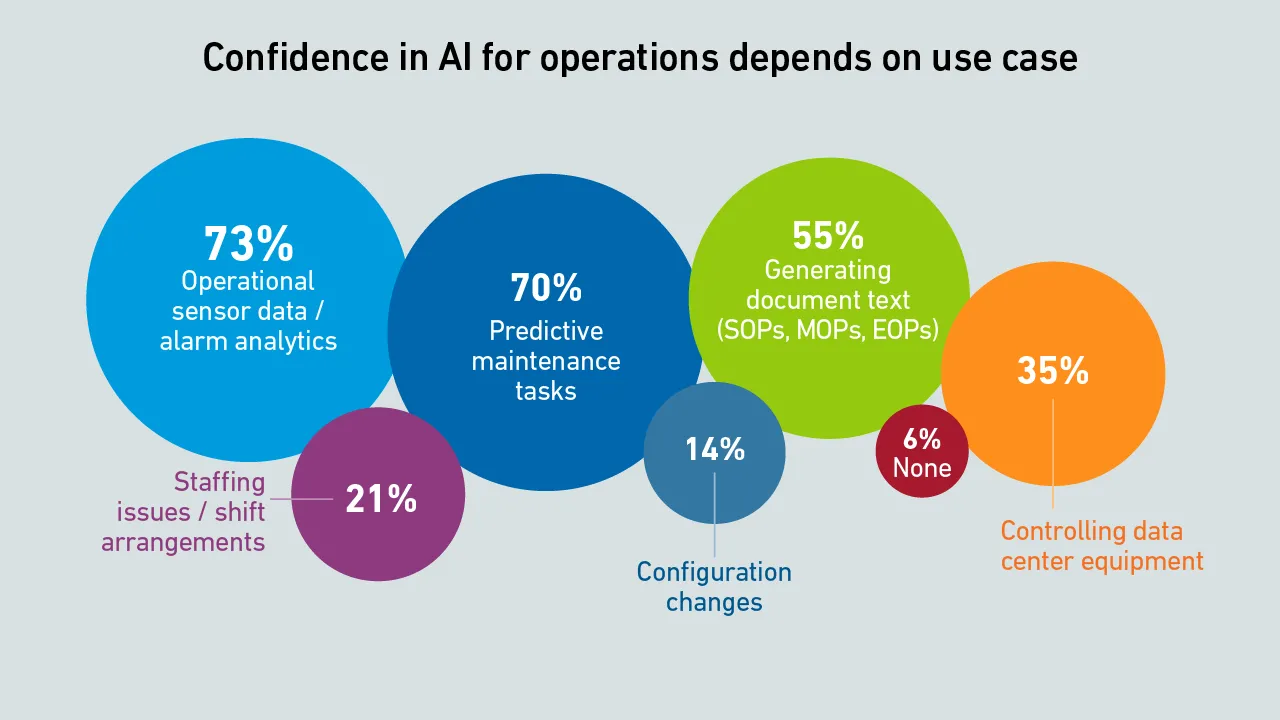
 Jay Dietrich
Jay Dietrich
 Dr. Tomas Rahkonen
Dr. Tomas Rahkonen

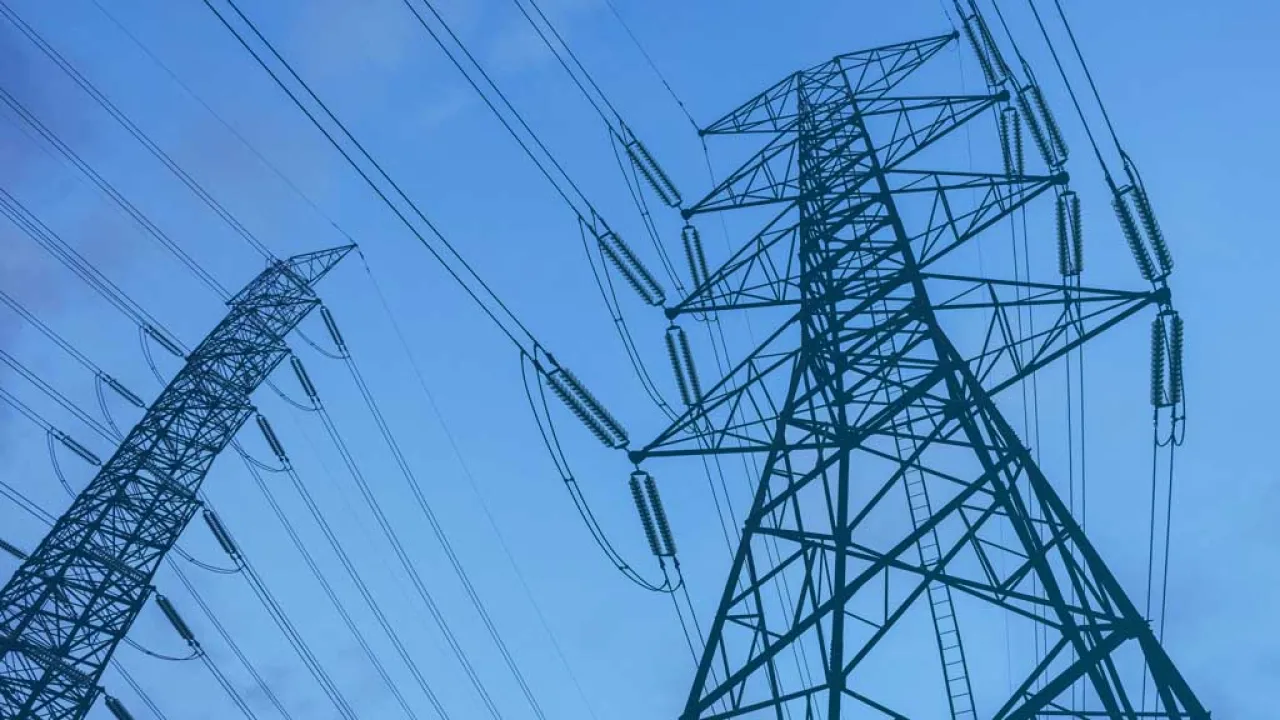

 Seb Shehadi
Seb Shehadi



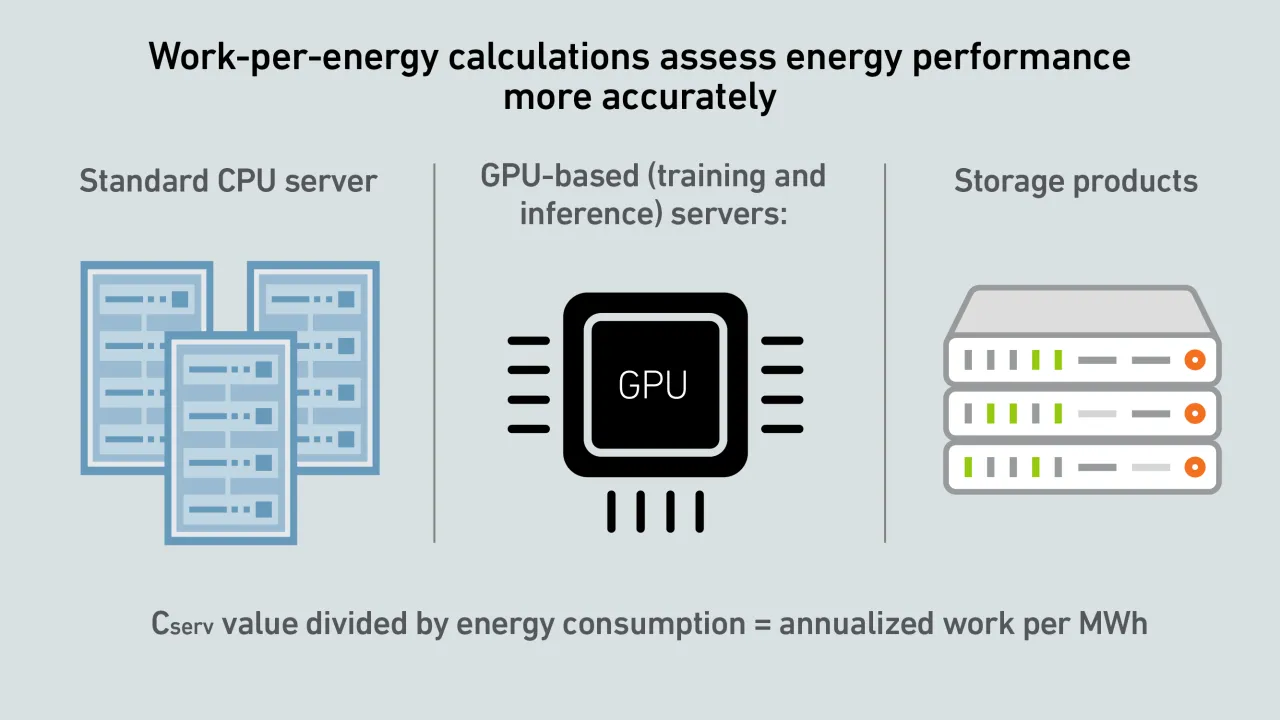

 Jay Paidipati
Jay Paidipati

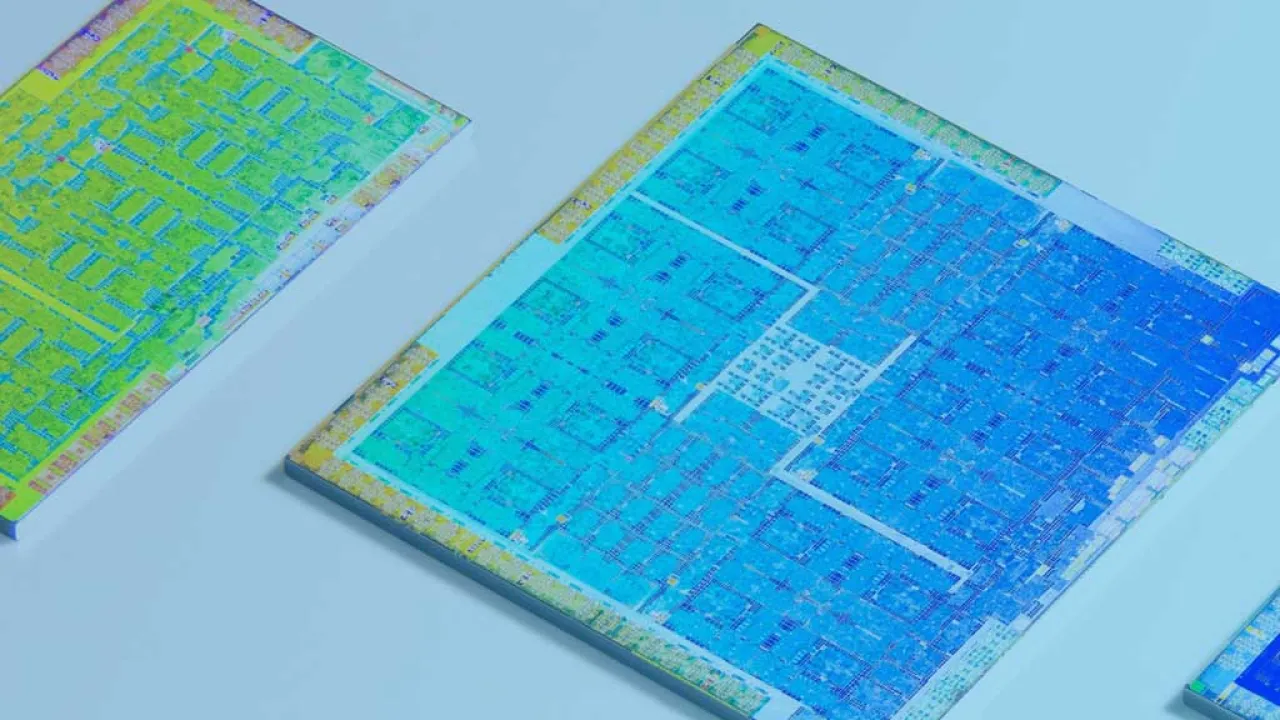
 Paul Carton
Paul Carton
 Anthony Sbarra
Anthony Sbarra
 Laurie Williams
Laurie Williams
